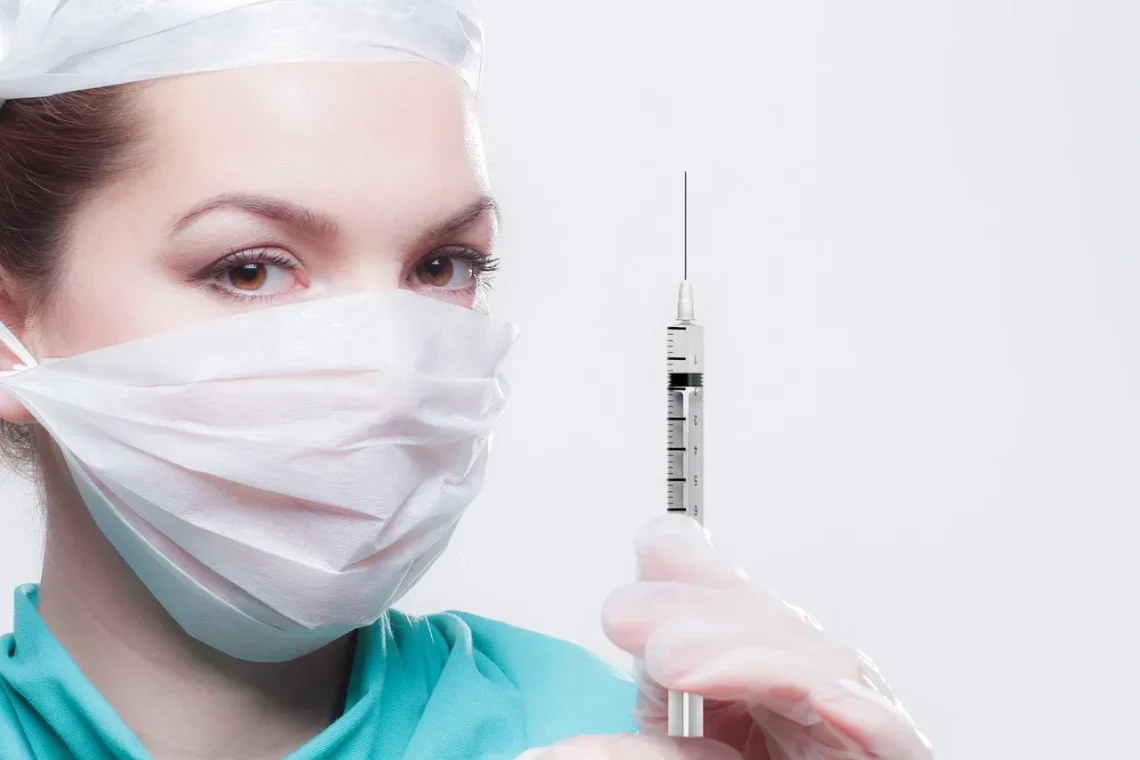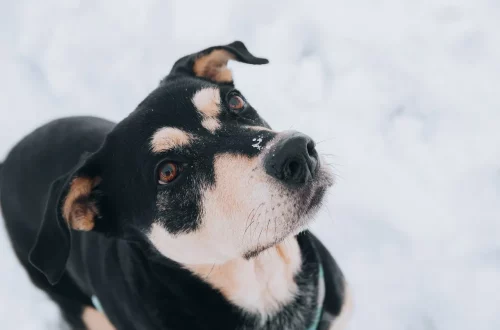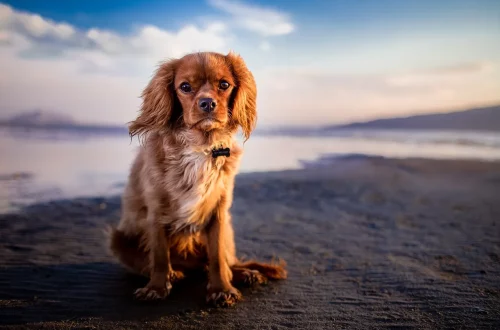
Understanding FVRCP Vaccine Side Effects in Cats and Dogs
Vaccination is a crucial aspect of pet care that plays an essential role in maintaining the health and well-being of our beloved cats and dogs. Among the various vaccines available, the FVRCP vaccine stands out as a vital immunization for felines, while its canine counterpart, the DAP vaccine, serves a similar purpose for dogs. These vaccines are designed to protect pets from a range of infectious diseases, including feline viral rhinotracheitis, calicivirus, panleukopenia in cats, and distemper, adenovirus, and parvovirus in dogs.
As responsible pet owners, understanding the benefits and potential side effects of vaccinations is paramount. While vaccines are generally safe and effective, it is essential to be aware that, like any medical intervention, they can lead to adverse reactions in some cases. The side effects associated with FVRCP vaccinations can vary widely among individual animals, depending on factors such as age, health status, and previous vaccination history.
Recognizing and knowing how to respond to these side effects can help pet owners make informed decisions about their pets’ health. This understanding not only fosters a strong bond between pets and their owners but also ensures that pets receive the necessary care and attention after vaccination.
Common Side Effects of the FVRCP Vaccine
When it comes to the FVRCP vaccine, pet owners should be aware of the common side effects that may occur post-vaccination. These reactions can range from mild to severe, and understanding them can help owners respond appropriately.
One of the most frequently observed side effects is localized swelling at the injection site. This reaction is usually mild and temporary, with swelling often subsiding within a few days. It is a normal response as the body begins to build immunity against the viruses targeted by the vaccine.
Other mild side effects may include lethargy and decreased appetite. After vaccination, some pets may seem unusually tired or disinterested in food. This reaction typically lasts for a short period, generally no longer than 24 to 48 hours. Owners should monitor their pets during this time, ensuring they stay hydrated and comfortable.
In some cases, pets may experience a mild fever following vaccination. This can be an indication that the immune system is responding to the vaccine effectively. While a slight increase in temperature is usually nothing to worry about, it is important for pet owners to keep an eye on their pets for any signs of distress.
Although rare, more severe side effects can occur. These may include allergic reactions, which can manifest as difficulty breathing, swelling of the face or throat, or hives. If a pet exhibits any of these symptoms, it is crucial to seek immediate veterinary attention. Recognizing these potential side effects can empower pet owners to take swift action when necessary.
Overall, while the FVRCP vaccine is essential for protecting cats against serious diseases, being informed about its potential side effects can help owners provide the best care for their pets.
Understanding the Importance of Vaccination
Vaccination is a cornerstone of preventive healthcare for pets, designed to protect them from severe illnesses that can significantly impact their quality of life. The FVRCP vaccine plays a critical role in safeguarding cats against various viral diseases, ensuring they lead healthy and fulfilling lives.
One of the primary reasons vaccination is vital is the prevention of outbreaks of infectious diseases. Feline viral rhinotracheitis and calicivirus are highly contagious diseases that can spread rapidly among unvaccinated cats, leading to severe health consequences. By vaccinating pets, owners not only protect their own animals but also contribute to the overall health of the feline population within their communities.
Moreover, vaccinations stimulate the immune system to recognize and combat specific pathogens effectively. This process creates immunity, allowing pets to fend off infections if they are exposed to the viruses in the future. Without vaccinations, pets would be at a higher risk of contracting these diseases, which can lead to serious health complications or even death.
In addition to individual health benefits, vaccinations also play a significant role in public health. Many zoonotic diseases, which can be transmitted from animals to humans, are preventable through vaccination. By ensuring pets are up-to-date on their vaccinations, pet owners contribute to a safer environment for both animals and humans alike.
Furthermore, veterinary professionals often recommend regular vaccination schedules for pets, promoting timely immunizations to maintain optimal health. This proactive approach helps identify any potential health issues early on, allowing for prompt treatment and care.
In summary, recognizing the importance of vaccinations, including the FVRCP vaccine, can have a positive impact on both individual pets and the broader community. It is a responsible choice that enhances the quality of life for pets while fostering a healthier environment for all.
What to Do After Vaccination
After vaccination, it is essential for pet owners to monitor their animals closely for any signs of side effects or adverse reactions. Knowing how to care for pets post-vaccination can ensure their comfort and well-being during this time.
First and foremost, it is crucial to provide a calm and comfortable environment for pets after they receive the FVRCP vaccine. Pets may feel a bit groggy or out of sorts, so offering a quiet space where they can rest is beneficial. This allows them to recuperate and adapt to the changes in their body as their immune system responds to the vaccine.
Monitoring their behavior and appetite is also vital. While mild lethargy and a temporary decrease in appetite are common side effects, any persistent changes warrant attention. If a pet refuses food or water for more than 24 hours, or if they exhibit any unusual signs of distress, contacting a veterinarian is advisable.
Keeping an eye on the injection site is also important. While localized swelling is typically harmless, pet owners should observe it for any signs of unusual redness, warmth, or discharge. If these symptoms appear, seeking veterinary advice can help determine the next steps.
Additionally, being aware of the timeline for potential side effects can help pet owners gauge their pets’ recovery. Most mild reactions resolve within a couple of days, but if symptoms persist or worsen, it’s crucial to consult a veterinarian promptly.
Lastly, maintaining communication with the veterinarian is essential. Pet owners should not hesitate to reach out with any concerns or questions about their pet’s health post-vaccination. Veterinarians can provide valuable guidance and reassurance during this period.
In conclusion, caring for pets after vaccination is a vital aspect of responsible pet ownership. By monitoring their condition and providing a supportive environment, owners can help their pets recover smoothly and safely.
**Disclaimer:** This article is for informational purposes only and should not be considered medical advice. Always consult a veterinarian for any health concerns regarding your pets.




